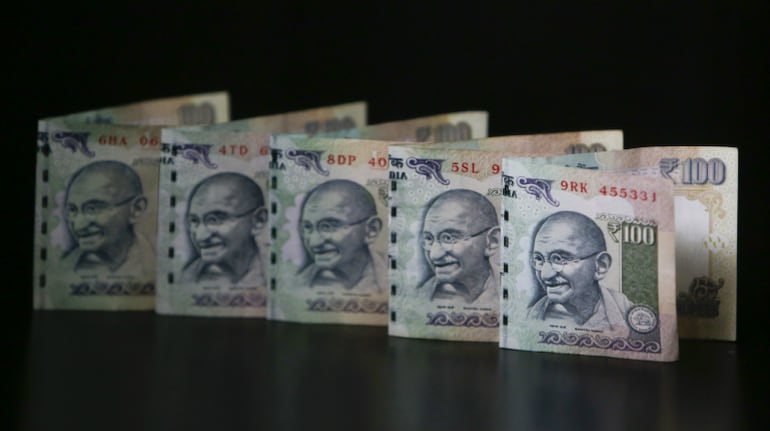



Two state-owned Indian banks that were aiming to raise funds to meet growth targets and build up capital for regulatory requirements have shelved their plans due to the disruption to markets caused by the coronavirus pandemic, sources said.
Bank of India was planning to raise around Rs 2,000 crore ($269 million) via a qualified institutional placement (QIP), a common capital-raising tool in India, by the end of March.
"These are not normal times and it makes sense to launch it when the right time comes," said a senior banking source with direct knowledge of the matter.
Central Bank of India was aiming to raise Rs 500 crore ($67 million) this quarter by issuing so-called Basel-III compliant bonds.
"A board meeting will be held next week and we will announce the decision then but it makes no sense to enter such a disruptive market," said a senior bank executive.
The sources asked not to be named as the talks are private. The lenders did not immediately respond to emails sent by Reuters seeking comment.
India's benchmark indexes, Sensex and Nifty, have been on a downward streak as the global coronavirus outbreak has spooked markets across regions.
Corporates have also put growth plans on hold as they battle to understand the long-term effects of the virus. As a result, banks anticipate lending to remain tepid, reducing the need to raise capital immediately.
A virus-driven lull in deal activity in India comes at a time when the local economy has been on a weak footing, with growth at the slowest pace in more than six years in the last three months of 2019.
Indian banks, struggling with weak credit growth and a near-$140 billion pile of bad loans, fear the situation may worsen as the pandemic brings economic activity in sectors such as tourism, hospitality and aviation to a grinding halt.
The state-owned banks need to raise funds from markets because the government, which had been pumping in money into them, did not announce any further capital injection plans for the next financial year in its budget in February.
"In such uncertain times we are advising everyone to stay away from the market" said a senior investment banker based in Mumbai. "All deals are completely off,"
Discover the latest Business News, Sensex, and Nifty updates. Obtain Personal Finance insights, tax queries, and expert opinions on Moneycontrol or download the Moneycontrol App to stay updated!
Find the best of Al News in one place, specially curated for you every weekend.
Stay on top of the latest tech trends and biggest startup news.